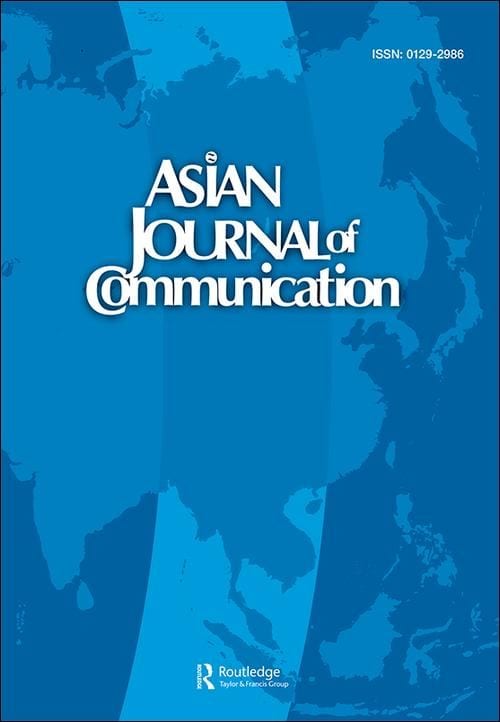I’m excited to announce the two new publications in Transportation Research and the Asian Journal of Communication with my research team! Congratulations!
1. Ho, S. S., Leow, V. J. X., & Leung, Y. W. (2020). Driving without the brain? Effects of value predispositions, media attention, and science knowledge on public willingness to use driverless cars in Singapore. Transportation Research Part F : Psychology and Behaviour.
Abstract: This study employs the cognitive miser model and science literacy model as theoretical frameworks to investigate motivations behind public willingness to use driverless cars in Singapore. Findings from a large-scale survey of 1,006 adult Singaporeans indicate that public willingness to use driverless cars was strongly related to value predispositions, especially affect. Aside from having a direct relationship with willingness to use driverless cars, this study found that affect also had an indirect relationship with willingness to use driverless cars via benefit perceptions. Meanwhile, findings failed to reveal significant relationships between two types of science knowledge and willingness to use driverless cars. The findings shed light on the current public opinion on driverless cars in Singapore and lend support to the cognitive miser model over the scientific literacy model. Theoretical and practical implications are discussed.
2. Ho, S. S., Looi, J., & Goh, T. J. (2020). Scientists as public communicators: individual- and institutional-level motivations and barriers for public communication in Singapore. Asian Journal of Communication . https://doi.org/10.1080/01292986.2020.1748072
Abstract: This study identifies the outreach activities that scientists engage in, as well as their perceived motivations and barriers towards such activities. It examines the forms of communication training that Singapore-based scientists have undergone and the types of communication training they would like to receive. Five focus groups were conducted with scientists across scientific disciplines from public universities and research institutes who engaged in direct and mediated outreach activities. Overall, the lack of time and institutional constraints were the main barriers to outreach activities. Their desire to impact public welfare and secure research funds were primary motivators to conduct outreach activities. The participants also expressed interest in communication training in terms of speech and drama classes, writing newspaper articles, and publicizing their research on blogs and social media. The participants also wished to understand how Singapore’s media functions and learn how to liaise with media practitioners. Participants provided different responses based on their seniority, institutional affiliations, and prior experience in outreach activities. Theoretical and practical implications, as well as directions for future research are discussed.

